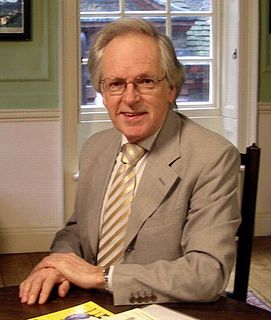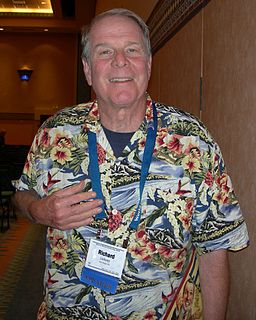Цитата Кэролайн Уорнер
Для репертуара разностороннего оратора необходим широкий диапазон цитат. Цитаты способны проиллюстрировать в нескольких словах то, что трудно объяснить многими словами.
Связанные цитаты
Мои труды в области цитирования привели меня к формулировке двух или трех законов о том, как люди используют и злоупотребляют цитированием. Мой первый закон таков: если сомневаетесь, приписывайте все цитаты Бернарду Шоу — я не имею в виду, что их следует понимать буквально, но как общее наблюдение за привычкой людей связывать замечания с ближайшим очевидным говорящим. Черчилль, Уайльд, Орсон Уэллс и Александр Вулкотт — другие полезные фигуры, о которых можно говорить как отец, когда вы не знаете, кто на самом деле их сказал.
Цитата . Писатель выражает себя словами, которые использовались ранее, потому что они передают его смысл лучше, чем он может передать его сам, или потому, что они красивы или остроумны, или потому, что он ожидает, что они вызовут ассоциативную связь у его читателя. , или потому, что он хочет показать, что он ученый и начитанный. Цитаты из-за последнего мотива всегда опрометчивы; проницательный читатель замечает это и презирает; на неразборчивого, быть может, производит впечатление, но и тогда он в то же время отталкивается, ибо претенциозные цитаты — вернейший путь к скуке.





























